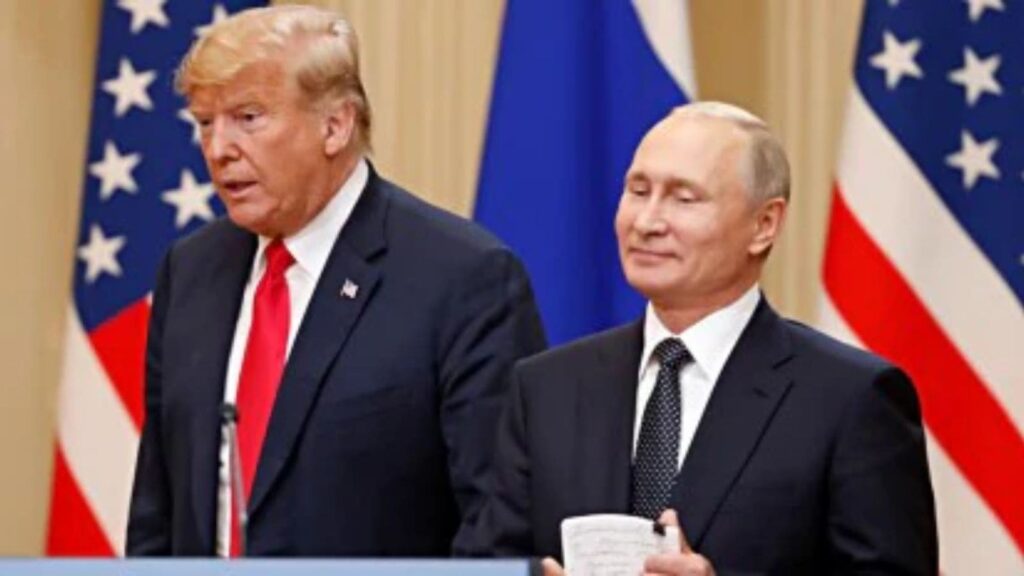The upcoming meeting between U.S. President Donald Trump and Russian President Vladimir Putin at a U.S. air base in Alaska on Friday marks the first face-to-face summit between sitting U.S. and Russian leaders in more than four years and Putin’s first visit to the United States in a decade. It also represents his first trip to a Western country since launching the full-scale invasion of Ukraine in February 2022.
The talks come amid deep divisions over how to end the war. For Moscow, the meeting is an opportunity to push its hardline peace terms, outlined in a June draft plan. Russia demands that Ukraine withdraw from the four regions it claimed to annex in 2022 Kherson, Lugansk, Zaporizhzhia, and Donetsk along with an end to Kyiv’s NATO aspirations, the halting of Western arms supplies, and the lifting of sanctions. It also insists on protections for Russian speakers and a ban on what it calls the “glorification of Nazism.” Ukraine dismisses these demands as tantamount to surrender.
Kyiv, not invited to the Alaska talks, maintains there can be no agreement without its direct participation. President Volodymyr Zelensky has called for an unconditional ceasefire, the release of all prisoners of war, and the return of children it says Russia has unlawfully taken. Ukraine also seeks security guarantees to prevent further aggression and insists sanctions should only be lifted gradually, with mechanisms to reimpose them if necessary.
For Trump, the summit is a high-profile test of his claim that he could end the war “within 24 hours” of taking office in January. While he has hinted at possible territorial compromises, he appeared to step back after consultations with European leaders. The White House has tempered expectations, calling this meeting primarily a “listening exercise,” though Trump has suggested a second summit could follow potentially with Zelensky present.
European leaders, despite their military and humanitarian support for Ukraine, have been sidelined from recent peace initiatives. They insist that no settlement can occur without Ukraine’s consent. France and the UK have even proposed post-war peacekeeping forces in Ukraine, an idea Russia rejects outright.
The Alaska summit may open a channel for further dialogue but with such starkly opposed visions, a breakthrough remains elusive.

